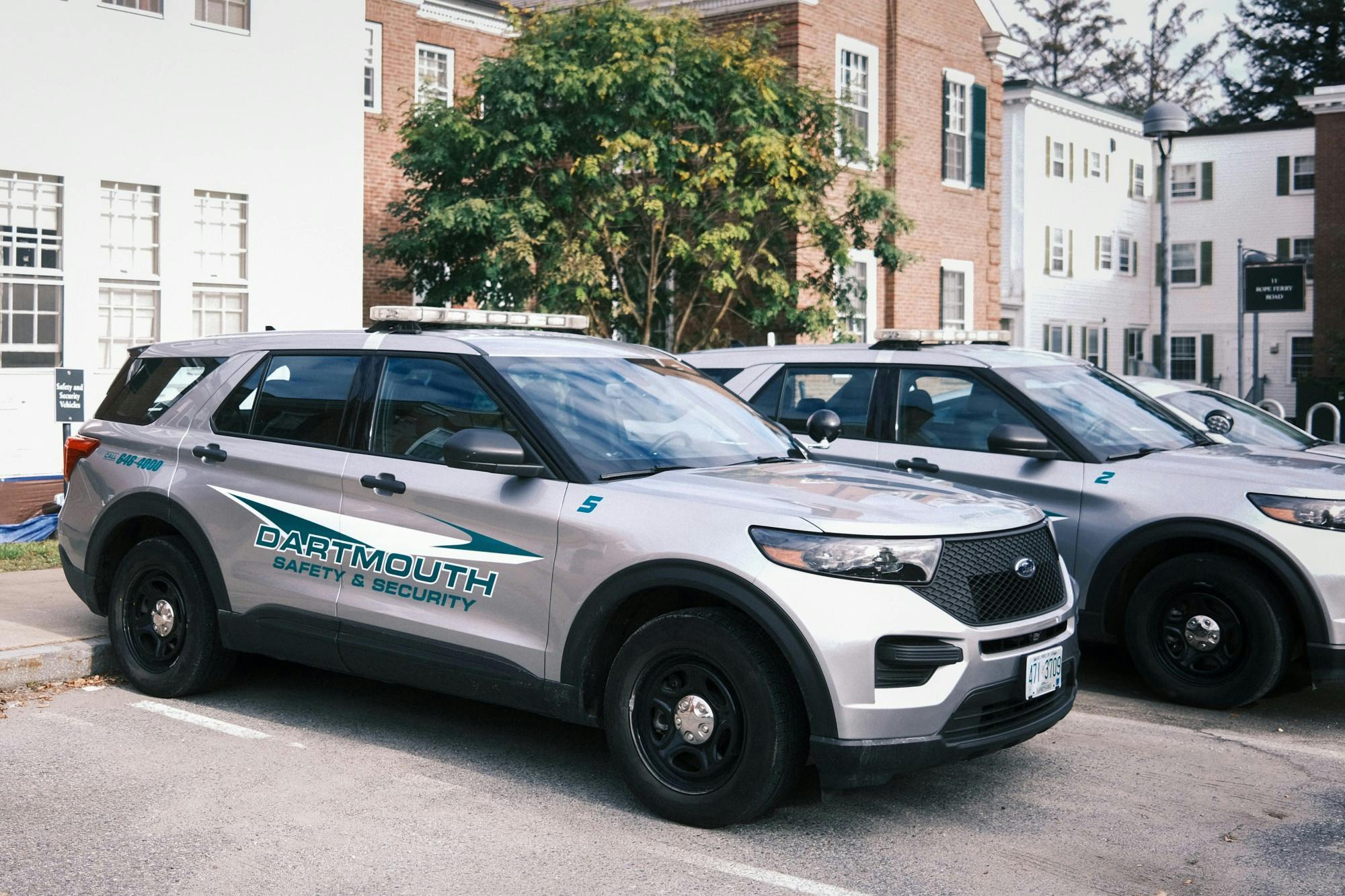Following the suspension of vehicular transportation services, the Department of Safety and Security’s SafeRide program continues to offer walking escorts to students, according to Safety and Security director Keysi Montás. Some students have expressed interest in the return of vehicular transportation, citing enhanced safety and the return of normalcy to campus.
Back in August, the return of the SafeRide program was still being considered; Safety and Security associate director Douglas Babcock stated at the time that the College was in consultation with the Provost’s office and representatives of the student body.
Montás said that while walking escorts are still available to students, vehicular transportation will not be offered due to COVID-19 concerns.
Some students expressed skepticism about the SafeRide program’s incompatibility with COVID-19 guidelines. Omar De La Osa Febles ’25, who “has heard of the [SafeRide] program,” suggested that masks could be worn by students inside vehicles to ensure compliance.
Other universities’ SafeRide equivalents have either been discontinued or adjusted to COVID-19 guidelines. Yale Transit at Yale University offers a similar program that was discontinued due to the pandemic. Columbia University’s program — which has modified its services to require compliance with COVID-19 safety protocols — returned to operations in June 2020
In 2019 — directly before the pandemic — Montás said that the SafeRide program saw over 1,000 rides a month. He noted, however, that most of those requests were based not on safety concerns but rather convenient transportation across campus. The program had, in essence, transformed into a “24-hour taxi service,” according to Montás.
“It all began with COVID-19 guidelines and with the realization that people were using the service, but not for safety purposes,” he said.
As a result, Montás said that the department modified the program by instead offering “safe walks” — in which officers escort students to their destinations — in the spring of 2020. The program has continued in this limited capacity despite the loosening of COVID-19 guidelines on campus.
Montás noted that in some instances, students will call Safety and Security expecting vehicular transportation, but when they are informed that officers will merely escort them, “all of a sudden” the student will retract their request.
Some students have been adversely affected by the suspension of SafeRide’s vehicular transportation component. Filomena Silva ’22, who used SafeRides before the pandemic, said that the lack of vehicular transportation was the “hardest thing” to readjust to after returning to campus. She described a friend with a broken leg who requested vehicular transportation earlier this fall only to discover the program no longer existed.
While the “safe walk” option remains open to on-campus students, both vehicular transportation and walking escorts are currently unavailable to students living off-campus — even if they are enrolled in classes.
Silva described one night this term where, after working on a lab until 2 a.m., she unsuccessfully attempted to request a SafeRide back to her off-campus apartment. Silva noted that given the foggy and cold weather and the drunk students crowding the streets, it “would have been great” to have had either a SafeRide or “safe walk” option. Instead, she said, she was forced to walk to her off-campus home alone and “utterly scared.”
Silva noted that while some students may have “abused” the service before the pandemic, she believes that it is still important and needed for students’ safety.
“[We’re on a] college campus — people are going to go out — but to have [SafeRides] and to know that you’ll get back to your dorm safely is so needed,” Silva said. “Especially in Hanover, where winters are super long. And [it gets] super dark super early.”
According to Montás, transportation requests related to inclement weather are not within Safety and Security’s purview.
“If there is a safety issue, that is our concern, and it should be dealt with us because we are safety professionals,” Montás said. “But if it is just a mere transportation issue, we cannot dedicate the resources to secure the campus for the convenience of one single individual.”
Montás suggested utilizing the free Advance Transit system for transportation — which does not run on weekends or in the evenings — and noted that the College is looking into “some transportation services” for students.

Arizbeth Rojas ’25 is a managing editor of the 181st directorate from Dallas, TX. When she’s not listening to DJ Sabrina the Teenage DJ or planning her next half marathon, you can find her munching on a lox bagel.




